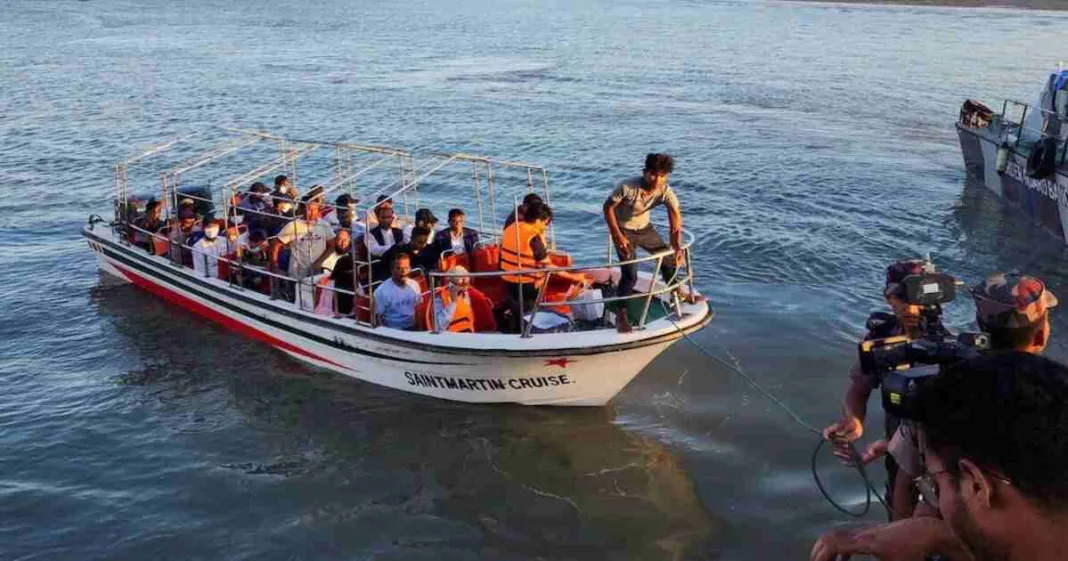The Rohingya crisis has been ongoing for years, with hundreds of thousands fleeing Myanmar to escape persecution and violence.
A wooden boat carrying dozens of Rohingya Muslims capsized along the northern coast of Indonesia, leaving many missing. This event sheds light on the ongoing struggles faced by the Rohingya community as they seek refuge from persecution and violence in Myanmar.
Rescue Efforts and Survivor Accounts
Local fishermen played a crucial role in rescuing six survivors from the capsized boat. The survivors, comprising four women and two men, were fortunate to be saved, but they reported that more people were still on the boat when it overturned. The incident occurred approximately 16 miles from the coastline of Kuala Bubon Beach in Aceh province. According to accounts provided by the survivors, the boat began to leak while sailing east, eventually being pushed westward by strong currents towards Aceh.
Rohingya Refugee Crisis
The Rohingya crisis has been ongoing for years, with hundreds of thousands fleeing Myanmar to escape persecution and violence. The brutal counterinsurgency campaign by Myanmar’s security forces has forced many Rohingya to seek refuge in neighboring countries, primarily Bangladesh. However, overcrowded camps and dire living conditions have prompted some Rohingya to attempt perilous journeys by sea in search of safety and stability.
Challenges Faced by Rohingya Refugees
Despite their desperate situation, Rohingya refugees face challenges and hostility even upon reaching foreign shores. In Aceh, Indonesia, some refugees encounter hostility from fellow Muslims, highlighting the complexities of refugee reception and integration. Additionally, the lack of legal protections for refugees in countries like Indonesia, Thailand, and Malaysia further complicates their plight.
Read More: Man gunned down for advocating on behalf of the Rohingya Muslims
The international community has a moral obligation to address the Rohingya refugee crisis and provide support to those in need. While countries like Indonesia have offered temporary shelter to refugees in distress, more comprehensive solutions are required to ensure the safety and well-being of Rohingya refugees. The United Nations’ 1951 Refugee Convention outlines legal protections for refugees, but the lack of signatories in the region emphasizes the need for broader cooperation and action.

